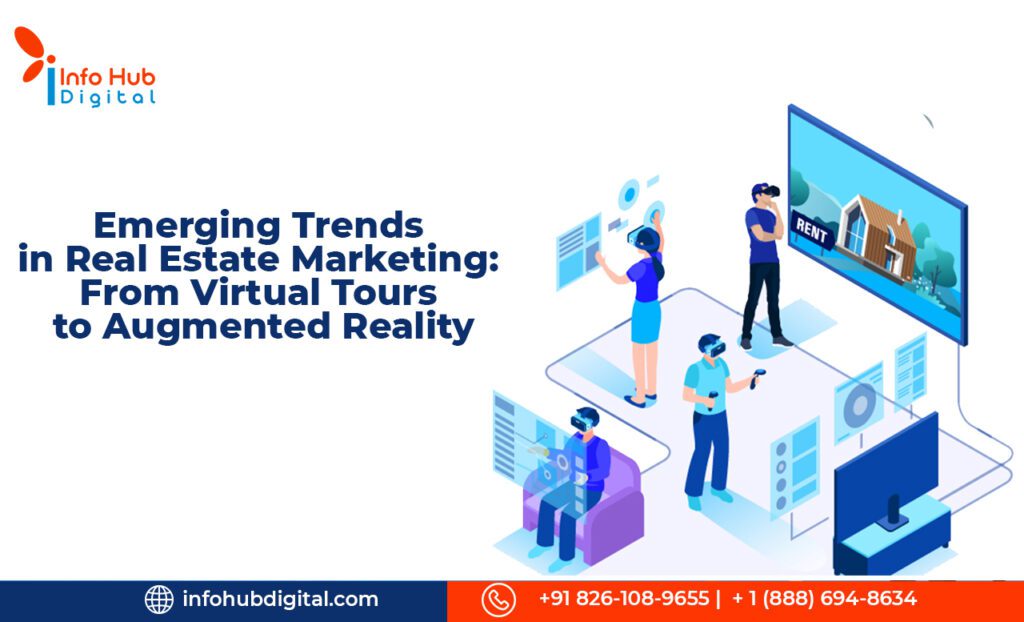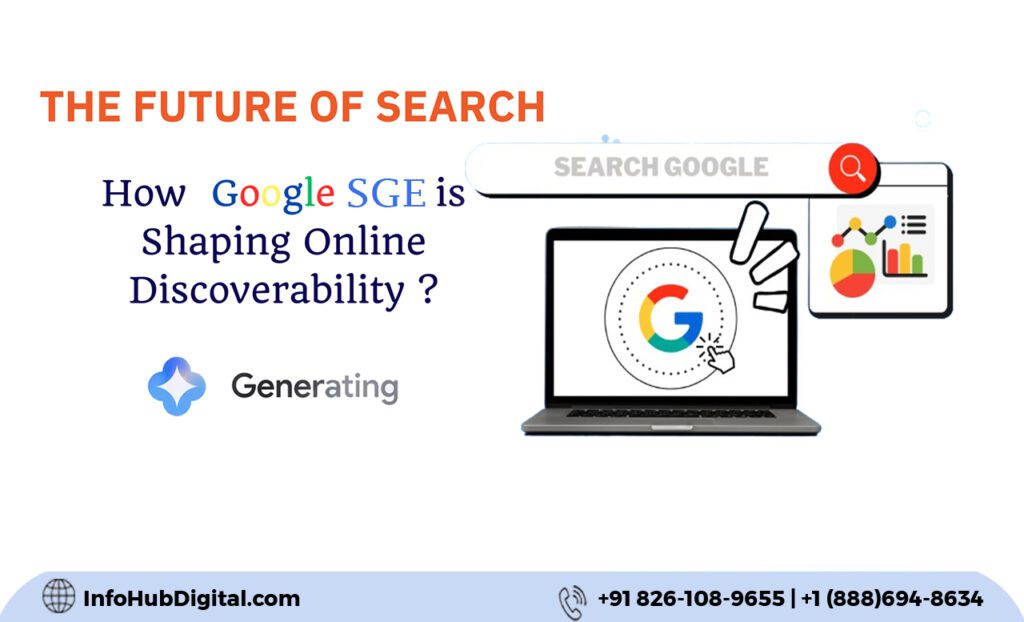Unleashing the Power of Innovative Marketing Strategies in the Real Estate Industry
Real estate marketing has come a long way over the years, adapting to technological advancements and changing consumer preferences. Today, the industry is witnessing a rapid transformation, with emerging trends that revolutionize the way properties are marketed and showcased to potential buyers. From virtual tours to augmented reality, innovative tools and techniques have reshaped the real estate landscape, creating immersive experiences and opening up new possibilities for both buyers and sellers.
Table of Contents
Virtual Tours: Transforming the Property Viewing Experience
Virtual tours have emerged as a game-changer in the real estate industry, redefining how potential buyers explore properties. Gone are the days of relying solely on static images and descriptions. A virtual tour provides a dynamic and interactive experience that allows buyers to navigate through properties as if they were physically present. By incorporating high-quality visuals, detailed floor plans, and interactive elements, virtual tours enable buyers to envision themselves in the space, fostering a deeper emotional connection and increasing the likelihood of a successful sale.
Augmented Reality: Bridging the Gap between Imagination and Reality
Augmented reality (AR) has gained significant traction in real estate marketing, bridging the gap between imagination and reality. AR technology overlays digital content onto the physical environment, enhancing the buyer’s perception of a property. One prominent application of AR is virtual staging, where empty spaces are digitally furnished, providing potential buyers with a realistic representation of how a property can be transformed. This approach increases buyer engagement, allowing them to visualize the potential of a space and make more informed decisions.
Furthermore, augmented reality is also being utilized for architectural visualization. Architects and developers can create 3D models of their projects and overlay them onto real-world settings, giving clients a realistic preview of the finished product. This technology not only saves time and resources but also enables stakeholders to make well-informed decisions based on accurate visualizations.
Personalization and Targeted Marketing in Real Estate
Gone are the days of generic marketing messages that target a broad audience. Real estate marketers are now leveraging data analytics and artificial intelligence to personalize their marketing campaigns. By analyzing consumer behavior and preferences, marketers can create targeted messages that resonate with specific buyer personas. This level of personalization not only increases engagement but also improves the overall customer experience.
Artificial intelligence (AI) plays a crucial role in this process. AI algorithms can analyze large volumes of data to identify patterns and trends, helping marketers understand their target audience better. By harnessing this knowledge, marketers can create customized marketing materials, tailored to the unique needs and preferences of individual buyers. Whether it’s personalized emails, targeted advertisements, or curated property recommendations, personalization driven by AI enables real estate marketers to establish a deeper connection with potential buyers.
Social Media and Influencer Marketing: Amplifying Reach and Engagement
In today’s digital age, social media platforms have become powerful tools for real estate marketing. With billions of users worldwide, platforms like Facebook, Instagram, and LinkedIn offer unprecedented reach and engagement opportunities. Real estate marketers can leverage these platforms to showcase properties, share valuable content, and engage with potential buyers.
Influencer marketing is another emerging trend in real estate marketing. Collaborating with influential individuals who have a significant following can greatly amplify brand exposure and credibility. By partnering with relevant influencers, real estate marketers can tap into their established audience base and leverage their influence to promote properties or share valuable insights. Additionally, user-generated content, such as testimonials, reviews, and property showcases, can be harnessed to enhance engagement and build trust with potential buyers.
The Rise of 3D Printing in Real Estate Marketing
3D printing technology has made significant advancements in recent years, and its applications in real estate marketing are expanding. This innovative technology allows the creation of three-dimensional physical models, offering a tangible representation of properties. Real estate developers and architects can utilize 3D printing to create intricate and accurate models of buildings, enabling potential buyers to explore and visualize the property in detail.
The advantages of 3D printed models extend beyond visualization. These models can be used for architectural presentations, sales displays, and even as unique marketing collateral. The ability to physically hold and interact with a 3D printed model enhances the buyer’s experience, making it easier to understand the spatial layout and architectural features of a property. However, it is important to note that 3D printing also has limitations, such as cost and time constraints, which must be considered when incorporating this technology into marketing strategies.
The Role of Virtual Reality in Real Estate Sales
Virtual reality (VR) has emerged as a powerful tool in real estate sales, providing immersive experiences that transport potential buyers into a virtual world. With VR headsets, buyers can explore properties, view different rooms, and even experience the neighborhood, all from the comfort of their homes. This technology eliminates geographical barriers and allows for remote property exploration, attracting buyers from various locations.
Virtual reality showrooms are another innovative application of this technology. These showrooms replicate the experience of visiting a physical sales office, enabling potential buyers to browse through property listings, interact with virtual agents, and even customize design elements in real-time. The immersive nature of virtual reality enhances buyer engagement and speeds up the decision-making process, ultimately driving sales and customer satisfaction.
Conclusion
As real estate marketing continues to evolve, embracing emerging trends is crucial for staying competitive in the industry. From virtual tours and augmented reality to personalization through data analytics and targeted marketing, innovative techniques are transforming the way properties are marketed and experienced. Social media platforms and influencer marketing amplify reach and engagement, while 3D printing and virtual reality offer new dimensions to property visualization and sales. By embracing these emerging trends, real estate marketers can unlock new possibilities, enhance customer experiences, and gain a competitive edge in the ever-evolving market. The future of real estate marketing is undoubtedly exciting, promising even more advancements that will shape the industry in the years to come.
As real estate professionals navigate the dynamic landscape of digital marketing, partnering with a leading service provider can make all the difference. Info Hub Digital is a trusted name in the industry, offering comprehensive digital marketing services for real estate industry tailored specifically to real estate developers, agents, brokers, sub-contractors and builders. With our expertise in leveraging emerging trends such as virtual tours, augmented reality, social media, and influencer marketing, we can help you reach a wider audience, boost engagement, and drive conversions. Stay ahead of the competition and unlock the full potential of your real estate marketing efforts with Info Hub Digital. Contact us today for a personalized consultation.







